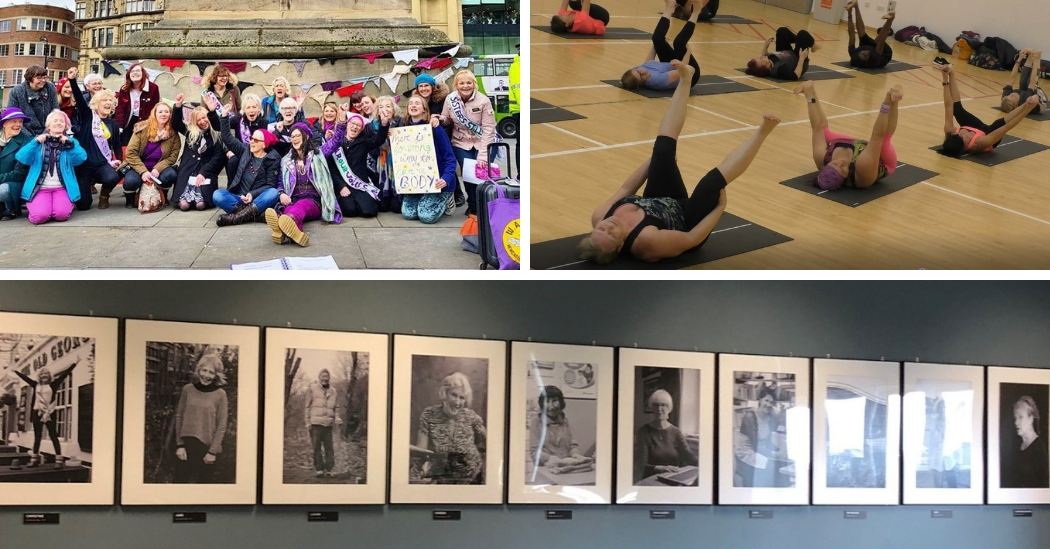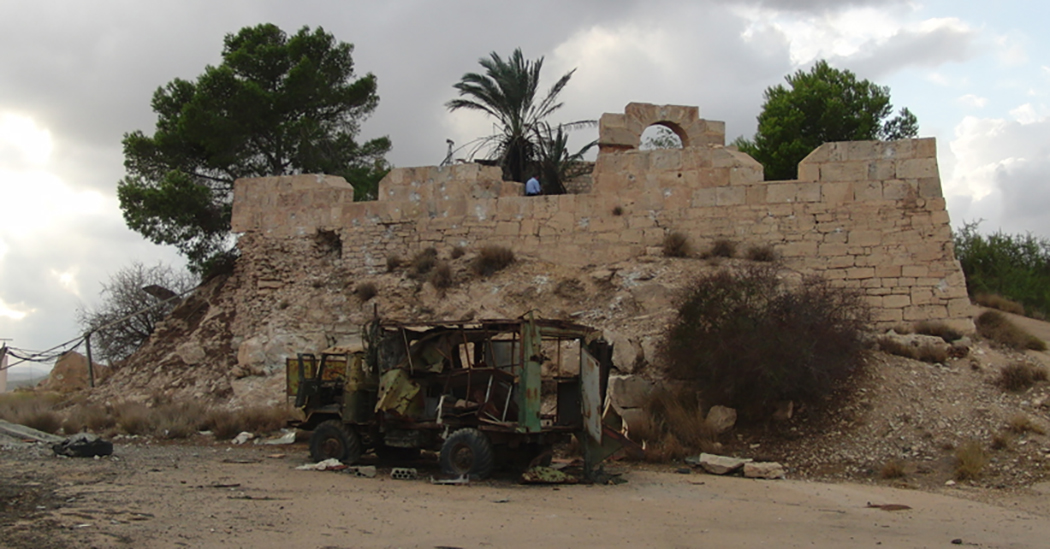Our Methods
NOT Acting Our Age - Karen Ross
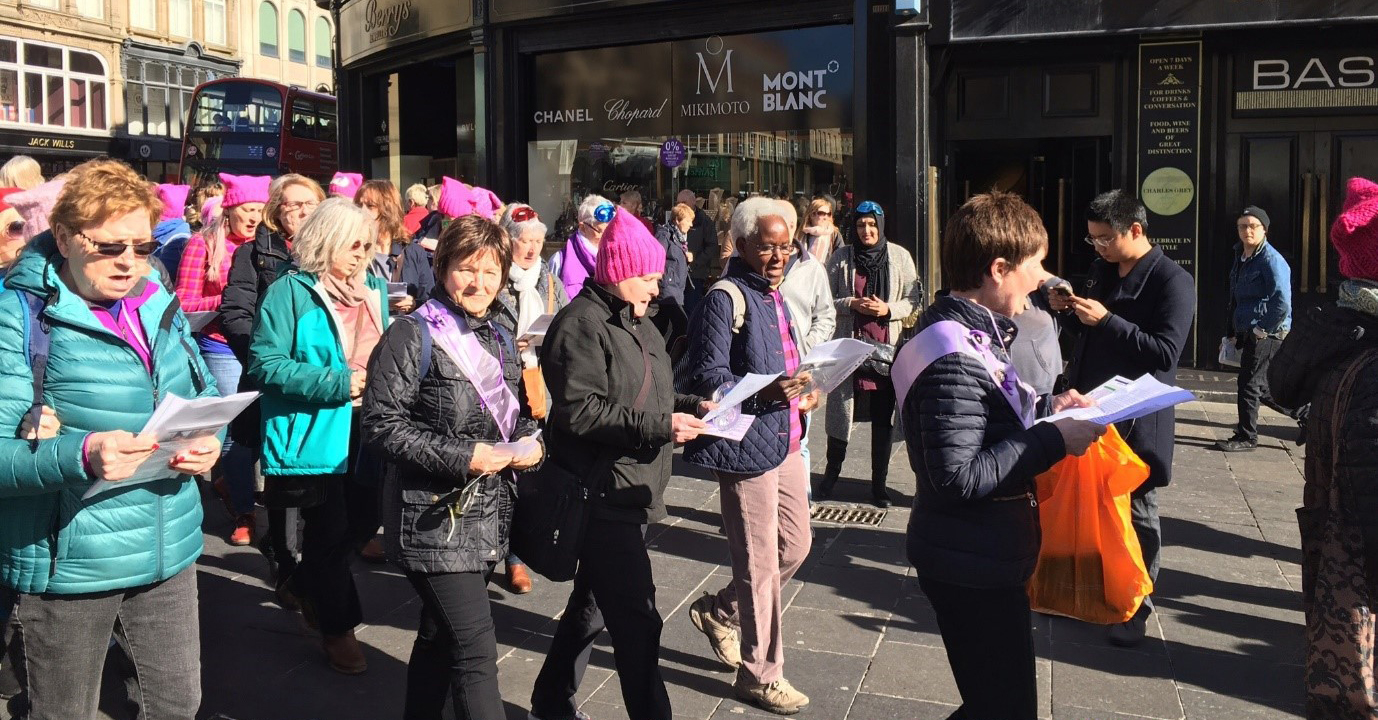
NOT Acting Our Age: Older Women Challenging Stereotypes and Celebrating Life was a community-facing project which was a response to decades of research which document the myriad ways in which women are under-represented in all areas of popular media and mostly stereotyped when they are granted a small corner of the media’s attention. While this is true for women generally, older women are especially marginalised by an industry entirely preoccupied with youth and which considers the natural signs of ageing as processes which need to arrested and ‘treated’ by surgical intervention.
The Oral History Unit and Collective - Graham Smith
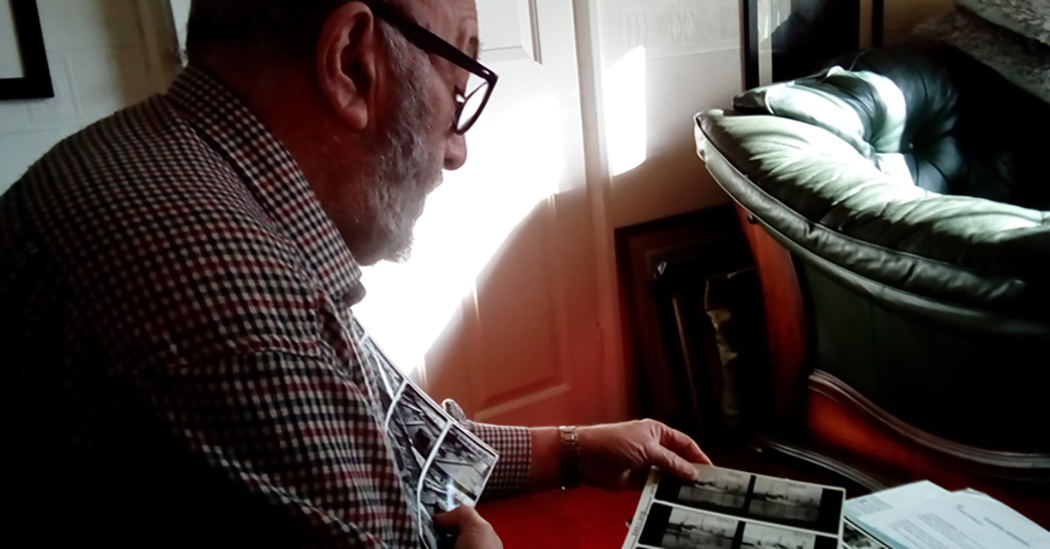
The Oral History Unit and Collective (Unit) is a team of internationally recognised oral historians. It crosses disciplinary, institutional and geographical boundaries and brings together colleagues in academic and community settings who study the past to enhance understandings of the present and conceptions of the future.
Its members include professionals in the archives and the libraries and heritage sectors. The Collective provides a forum for knowledge exchange with a common purpose: to explore the dynamics of memory and historical narrative through theory and practice and to include those voices too often marginalised in representations of the past.
Creative Fuse North East - Eric Cross
Creative Fuse North East is a unique collaboration which brings together all five North East universities with freelancers, SMEs and other organisations across the region’s Creative, Digital and IT (CDIT) sector.
It has developed new ways of working between universities and the CDIT sector that will inform new partnerships and approaches into the future The project explores the social, economic and innovation value of the North East creative industries, and aims to ensure that the CDIT sector becomes more resilient and grows faster within a sustainable digital economy.
The Vital North Partnership - Matthew Grenby
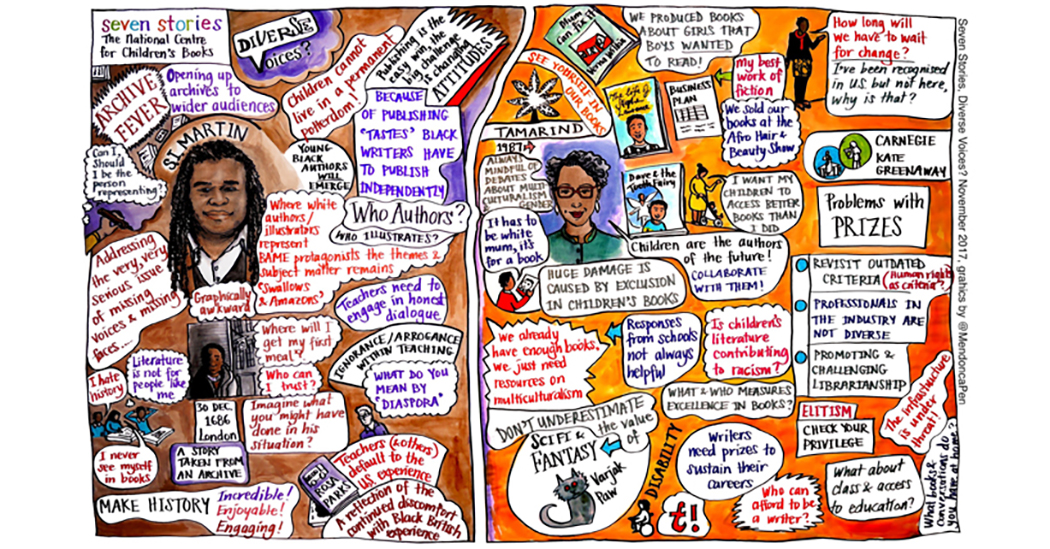
The Vital North Partnership is the name for strategic collaboration between Newcastle University and Seven Stories, the National Centre for Children’s Books, an innovative cultural partnership which sees Newcastle as synonymous with children’s literature. With a visitor centre in Newcastle’s Ouseburn Valley and a major collection and archive, Seven Stories is the first UK museum and archive dedicated to children's books.
Spatial Analytics and Modelling at Newcastle University (SAM@Newcastle) - Andy Pike
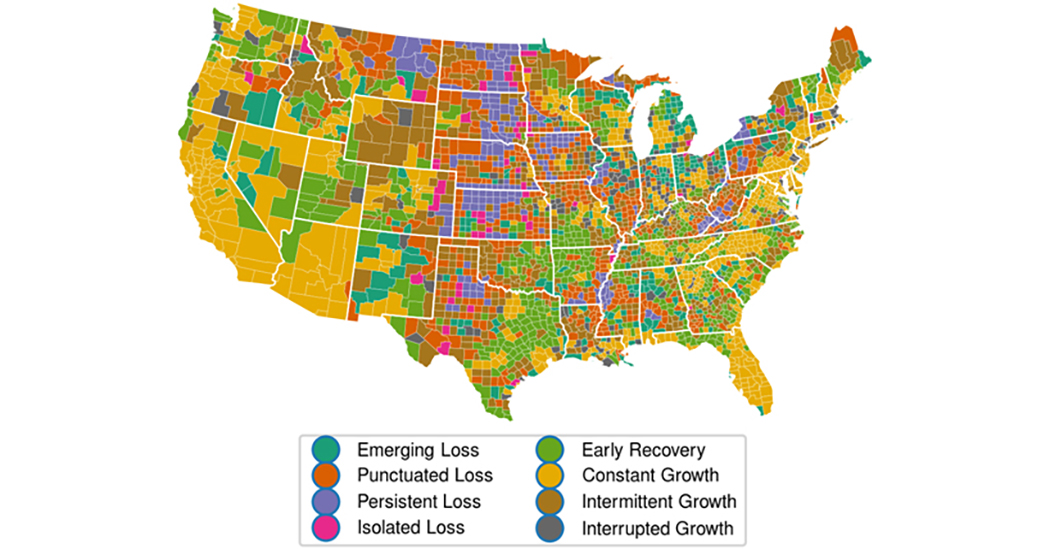
Developing more inter-connected and holistic understandings of complex social, economic, engineering, environmental and technological phenomena in space and time is a 21st century intellectual and societal challenge. A new, dynamic and promising convergence is underway between computational, digital, engineering, physical, and social sciences around spatial analytics and modelling.
Strong global trends towards ‘big data’ and ‘open data’ are generating unprecedented volume, velocity, variety and value of data from multiple and increasingly interconnected sources: the internet, mobile phones, social media, observing stations, GPS devices, electrical sensors, and remote sensing.
Animating Texts at Newcastle University - Jennifer Richards, Michael Rossington
Animating Text Newcastle University (ATNU) is a digital collaboration between scholarly editors based in humanities disciplines and the Digital Institute that sets out to create new ways in which readers/users can interact with texts, and to explore and test opportunities for immersive reading/writing.
What's unique about ATNU, though, is that none of this is *new*. Our ideas for the immersive texts of the future are based on the texts and books of the past that we are editing (1500-1900), which were already imagined as variable, dynamic, vital, interactive, akin to a 3D experience.

